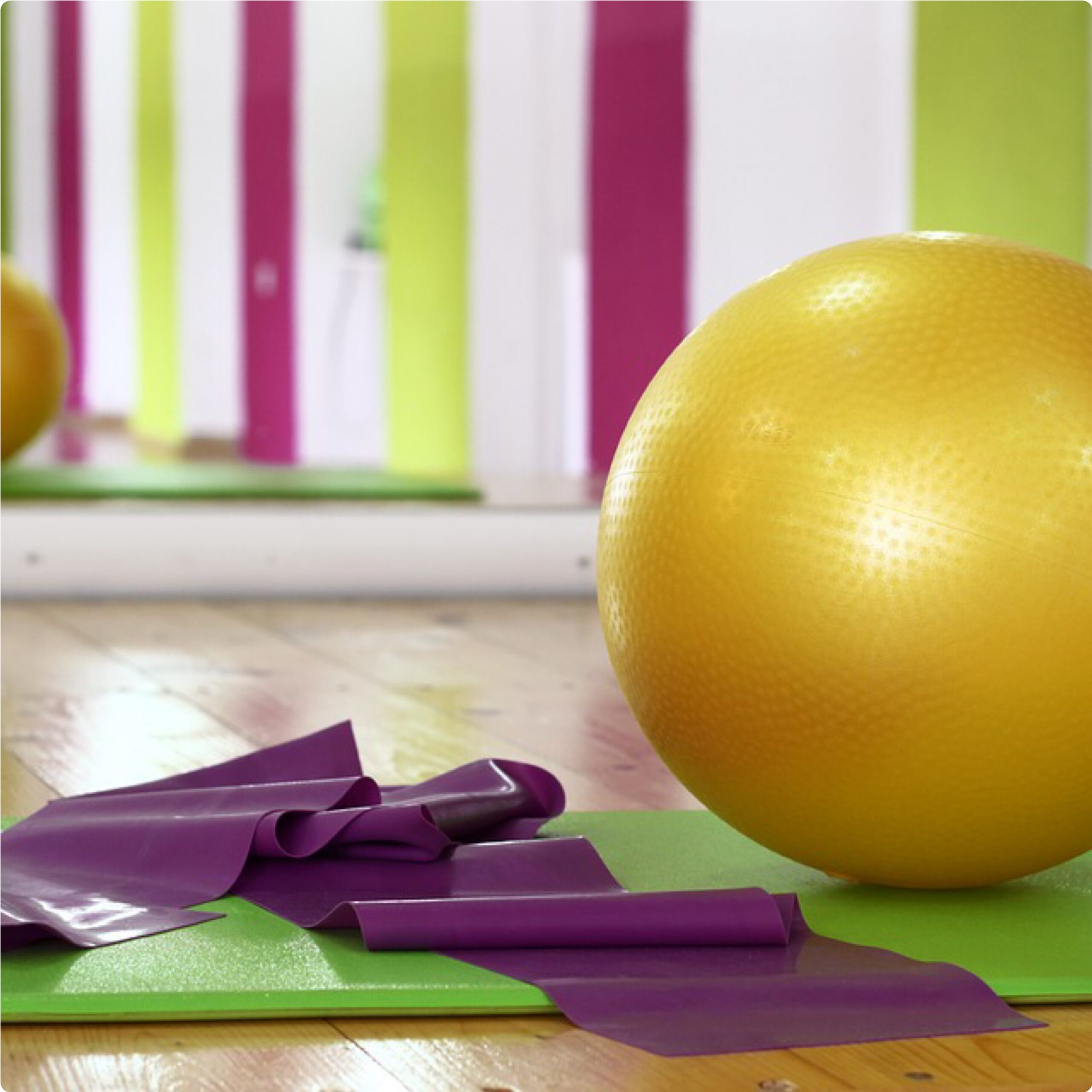Not Exercising: Health Benefits of Exercise That Will Blow Your Mind
Whether you boast the robust build of a sumo wrestler, the sleek silhouette of a Victoria’s Secret model, or anything in between, it’s time to shift the notion that exercise is just for ‘fit chicks’ on Instagram. Beyond mere weight loss, exercising regularly can unlock a trove of long-term health benefits.
The Dangers of Inactivity
For starters, inactivity can invite a host of adverse metabolic changes. High blood pressure, elevated blood sugar, and increased blood fat are unwelcome guests who might make themselves home in your body due to a sedentary lifestyle. Conversely, an active lifestyle can stimulate positive metabolic transformations, lowering these health risks (August, 53).
Embracing Body Positivity
But let’s pause for a moment. You might love and accept your body just as it is, finding confidence and joy in both clothed and unclothed skin. Perhaps pursuing a ‘flattering’ figure doesn’t resonate with you. That’s perfectly okay. For many, beauty isn’t about conforming to societal standards. It’s about self-acceptance and rejecting narrow definitions of attractiveness.
Cultural Perspectives on Beauty
Consider this: beauty standards are not universal. The ‘skinny equals sexy’ narrative doesn’t hold water in numerous cultures where fuller figures are celebrated. However, even if altering your appearance isn’t on your agenda, staying active is still essential for other health benefits.
The Science of Exercise and Longevity
Numerous studies have established a clear link between inactivity and chronic conditions that can shorten the quality and length of our lives. The saying goes, “The longer we lounge, the shorter our lifespan.” In fact, “The ability to exercise remains the single most powerful predictor of longevity,” according to Oz (6). Our bodies are designed for movement, so let’s embrace that.
Ten Long-term Health Benefits of Exercise
Let’s break down these health benefits of exercise with a scientific perspective:
- Heart Health: Exercise strengthens the heart muscle, improving its efficiency in pumping blood. This leads to lower blood pressure and reduced heart rate, both of which decrease the workload on the heart. Regular physical activity can reduce the risk of heart diseases by improving cholesterol levels, lowering blood pressure, and enhancing overall heart function. This is crucial for preventing heart failure, kidney damage, and strokes. For instance, exercise-induced reduction in blood pressure can significantly decrease the risk of stroke.
- Skin Health: Exercise boosts blood flow, which helps nourish skin cells and keep them vital. Blood carries oxygen and nutrients to working cells throughout the body, including the skin. In addition to providing oxygen, blood flow also helps carry away waste products, including free radicals, from working cells. This can help in healing wounds and improving skin health. Moderate sun exposure during exercise assists in Vitamin D production, which is vital for overall health.
- Lung Health: Regular exercise improves the efficiency of the respiratory system. For those with lung conditions or smokers, low-intensity exercises can help in increasing lung capacity and efficiency. Exercise improves the exchange of oxygen and carbon dioxide in the lungs and enhances blood flow to the lungs, aiding in better oxygen delivery to the body.
- Bone and Joint Health: Resistance training, like weight lifting, strengthens not just muscles but also bones. It increases bone density, which reduces the risk of osteoporosis and fractures. Strong muscles also support and protect joints, reducing the risk of injury.
- Metabolic Health: Exercise is crucial for managing type 2 diabetes. It helps muscles absorb glucose and use it for energy, which reduces blood sugar levels. Exercise also improves cholesterol levels by increasing HDL (good cholesterol) and decreasing LDL (bad cholesterol), reducing the risk of arterial blockage.
- Anti-Aging: Regular moderate-intensity exercise can slow down the cellular aging process. It also maintains healthy levels of blood pressure, cholesterol, and blood sugar, which are essential for longevity and healthy aging. Resistance and stability exercises can reduce the risk of age-related injuries.
- Cognitive Health: Physical activity stimulates brain function. It enhances neural pathways and can decrease the risk of cognitive decline and dementia, especially in older adults. Exercise is beneficial for maintaining brain health and cognitive function.
- Pain Control: Exercise increases endorphin levels, the body’s natural painkillers, and improves blood flow. This combination can effectively alleviate pain, reduce inflammation, and speed up the healing process in the body.
- Psychological Health: Exercise triggers the release of endorphins, which are chemicals in the brain that act as natural painkillers and mood elevators. Just 30 minutes of moderate-intensity exercise can have a positive impact on mood and help manage symptoms of anxiety and depression.
- Sexual Health: Regular exercise enhances blood flow to all parts of the body, including sexual organs. This improved circulation can lead to better sexual function. For men, it can reduce the risk of erectile dysfunction, and for women, it can enhance sexual arousal and satisfaction.
Exercise: What Counts and How to Start
What Counts as Exercise? Traditional activities like running, biking, and weightlifting count, as do non-traditional ones like gardening, house cleaning, and even sexual intercourse. The goal is to keep your body in motion and elevate your heart rate to about 50% above its rate at rest.
Before embarking on an exercise regime, it’s wise to consult with your doctor. Once you have the go-ahead, you can start with what you’re comfortable with, gradually building up to the recommended 30 minutes of moderate exercise five days a week, along with strength training twice a week, as the American Heart Association advises.
It’s important to note that the type and intensity of exercise should be appropriate for your condition and fitness level, as overexertion can lead to injury and increased pain. Always consult with your healthcare professional before starting any new exercise regimen, especially if you have existing health concerns or chronic pain.
